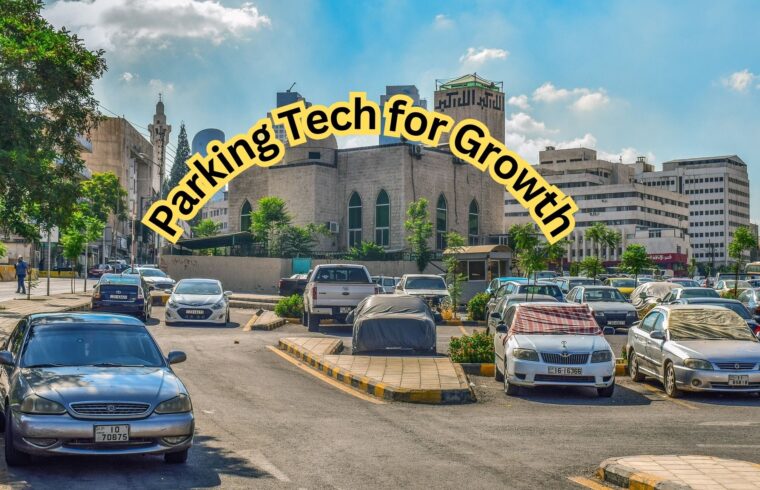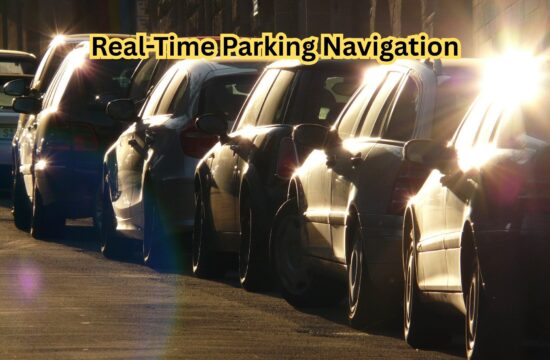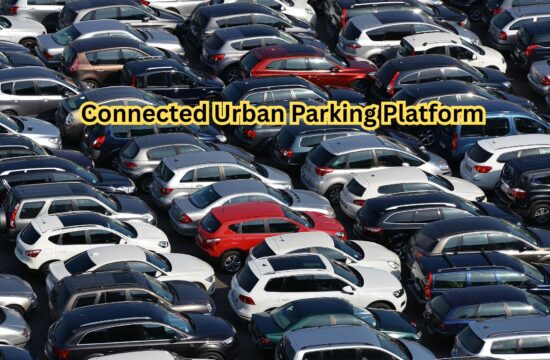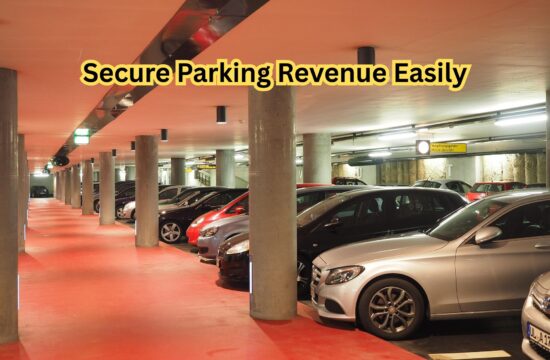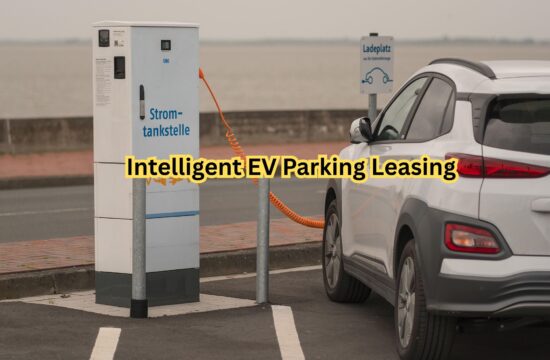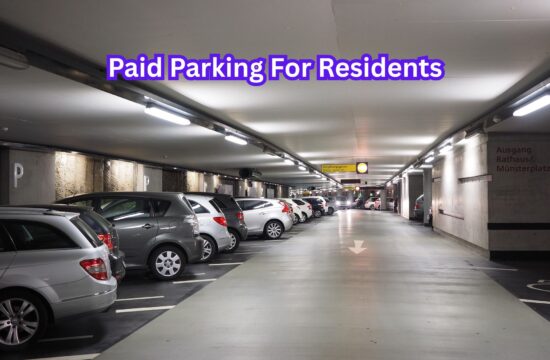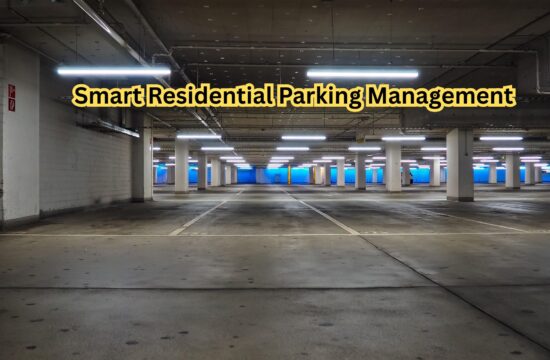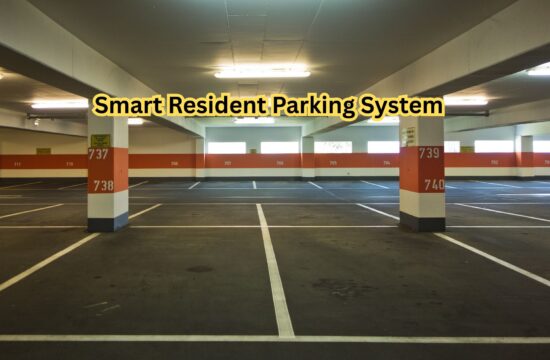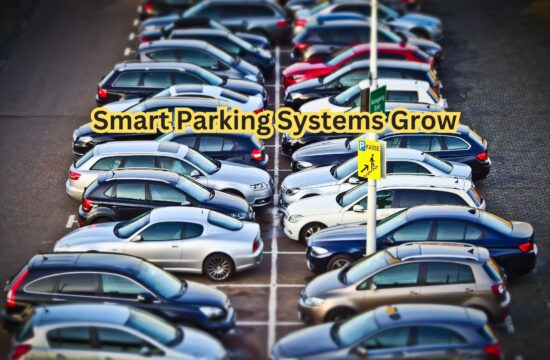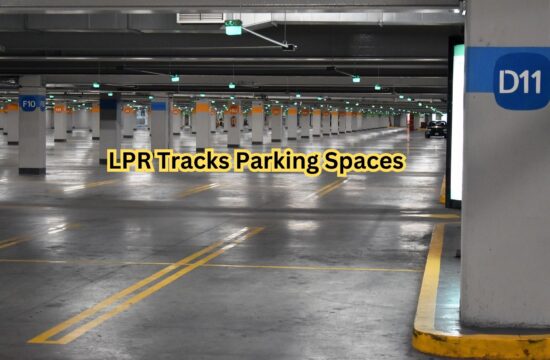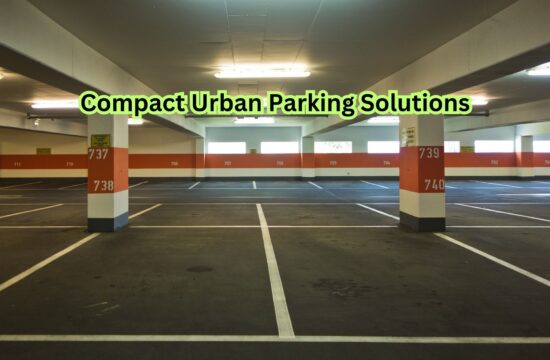“Parking Tech for Growth” delves into the ways that innovations in parking technology—such as automated payment systems, smart sensors, and real-time space tracking—are revolutionizing urban mobility. “Parking Tech for Growth” highlights how these developments optimize the use of available space, lessen traffic, and boost productivity, spurring the development of smart cities and environmentally friendly urban design. As cities embrace “Parking Tech for Growth,” they pave the way for a more efficient and sustainable future in urban transportation.
Cashless Payment Solutions
Automated payment technologies have transformed the way vehicles pay for parking. As contactless payment methods and mobile apps have grown in popularity, customers can now pay for parking without using cash or physical meters. Because of this convenience, finding parking takes less time, and paying is less of a burden, which increases compliance and helps towns collect more money.
Smart Sensors
Real-time data on parking availability is provided by smart sensors, which are at the forefront of parking developments. These sensors track whether spaces are occupied or vacant and can be placed in parking lots and along city streets. When combined with navigation apps, this data is incredibly helpful for drivers searching for parking because it points them in the direction of open spots. Through optimizing the parking search process, smart sensors help minimize traffic and greenhouse gas emissions.
Real-Time Space Tracking
Real-time space tracking systems enable communities to better manage parking resources by leveraging the capabilities of smart sensors. These devices have the ability to detect high-demand locations, evaluate parking trends, and dynamically modify prices in response to availability. Cities can promote off-peak parking and maximize the utilization of existing spaces while reducing overcrowding by instituting demand-based pricing.
Data Analytics and Reporting
Municipalities can learn more about parking patterns and habits thanks to the use of data analytics into parking technologies. Cities can make educated decisions about zoning, and transit planning. Infrastructure development is done by evaluating data gathered from sensors and payment systems. This data-driven strategy improves overall resource management efficiency and encourages more intelligent urban expansion.
Sustainability and Smart Cities
Parking technology has advanced in a way that is consistent with sustainable urban design concepts. Cities may lessen the impact of automobiles on the environment by increasing the efficiency of parking systems. Furthermore, parking technology aids in the creation of integrated mobility networks. Such as those for public transportation and bike sharing, as part of larger smart city efforts. This all-encompassing strategy lessens dependency on private vehicles and encourages locals to embrace more environmentally friendly forms of transportation.

